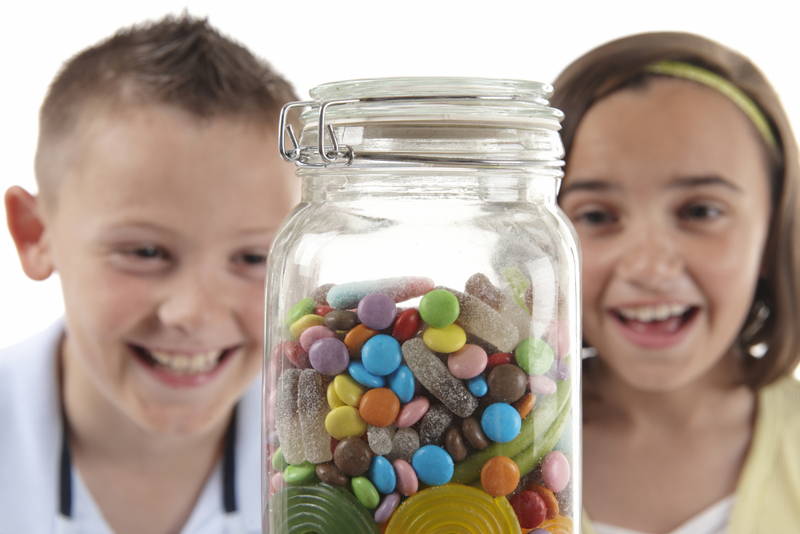When we hear the term ‘anxiety’, we seldom associate it with children. For us, in general, it is something that mostly affects adults. But according to researchers, between 10 and 20% of school-aged children suffer from anxiety. In their day-to-day activities, at home or school, they experience anxiety symptoms. If these symptoms are not diagnosed and addressed, they can turn into lifelong disorders and disturb your child’s balance.
There are a lot of things that can make children anxious. From the fear of darkness to the self-expectation of perfection, a child can suffer at any stage. As a parent, the responsibility to determine and reduce your child’s anxiety falls on your shoulders. Initially, parents find this kind of situation difficult to manage. But as they spend some time with their child they tend to feel more confident and offer better solutions.
For starters, here are a few ways that can help you handle or reduce your child’s anxiety better and faster.
- Facing the fear: Children tend to avoid whatever is bothering them. As a result, no solution is obtained. Parents need to encourage their child to face / his anxiety rather than run away from it. Facing anxiety is key to its reduction. Once the child starts to face the situation, she/he grows confident and the anxiety reduces gradually.
- More relaxing activities: When children are anxious and feel stressed, they tend to lose focus. They forget that they are just children and don’t enjoy activities that are actually fun. So it is important to ensure that your child gets some time to relax and involves in activities that she/he loves. Other than that, you can do yoga, dance, or have a tea party together. Anything that helps to take her / his attention away from the anxiety.
 Maintaining sleep hygiene: Anxiety makes children lose sleep and losing sleep makes children anxious. So it is very important to set up bedtime and stick to it. Any change in the sleep pattern can raise their levels. According to their age, make sure that they get as many hours of sleep as they need. Also, try to read a good story to your child before bedtime. So she/he goes to sleep with a relaxed mind.
Maintaining sleep hygiene: Anxiety makes children lose sleep and losing sleep makes children anxious. So it is very important to set up bedtime and stick to it. Any change in the sleep pattern can raise their levels. According to their age, make sure that they get as many hours of sleep as they need. Also, try to read a good story to your child before bedtime. So she/he goes to sleep with a relaxed mind.- Accept the expression of anxiety: This is different from asking your child to face the anxiety. If your child expresses her / his anxiety to you, try to be honest and optimistic about it. It takes a lot of courage for a child to express her / his anxiety, and if she/he comes to you saying ‘I am scared, never answer with ‘no, you are not.’ Understand that by expressing anxiety your child is looking for your honest support and not false encouragement.
- Expect imperfection: Anxiety in children is also formed because of the expectation of perfection their parents impose on them. Parents often want their children to succeed in academics with distinction. Which often creates unwanted pressure on their children. As a result, when children fail to achieve their pre-determined goals, they start to feel anxious. And before they know it, their anxiety takes a toll on them and they don’t seem to find a way out. So tell your children that it is ok to be imperfect sometimes.
- Thinking positively: Anxiety makes children get lost in negative thoughts. They start to criticize themselves and forget to focus on the positives. Make sure that you always focus on the positives yourself and also ask your child to do the same. Positive thoughts have an invisible power that can help overcome anxiety and make your child feel better. Focusing on the positives is often the first step to recovering from a situation.
 Rewarding their behavior: When your child faces or expresses her / his fear or anxiety, always reward him with something. Like a hug, or maybe just a small treat. When children are rewarded for something good, they incline to repeat their behavior. Your reward will also work as the motivator they need to face their anxiety.
Rewarding their behavior: When your child faces or expresses her / his fear or anxiety, always reward him with something. Like a hug, or maybe just a small treat. When children are rewarded for something good, they incline to repeat their behavior. Your reward will also work as the motivator they need to face their anxiety.
The parent needs to understand that anxiety is a state of mind and they can only try to understand what their child is going through. Real stress is impossible to feel or share. For children and parents, what counts the most is the idea of never giving up. Sometimes things will get harder to manage and no solution will be in sight. But always remember that in this fight your child needs your continuous support to win. Because only together you can come out stronger than her / his fears.







